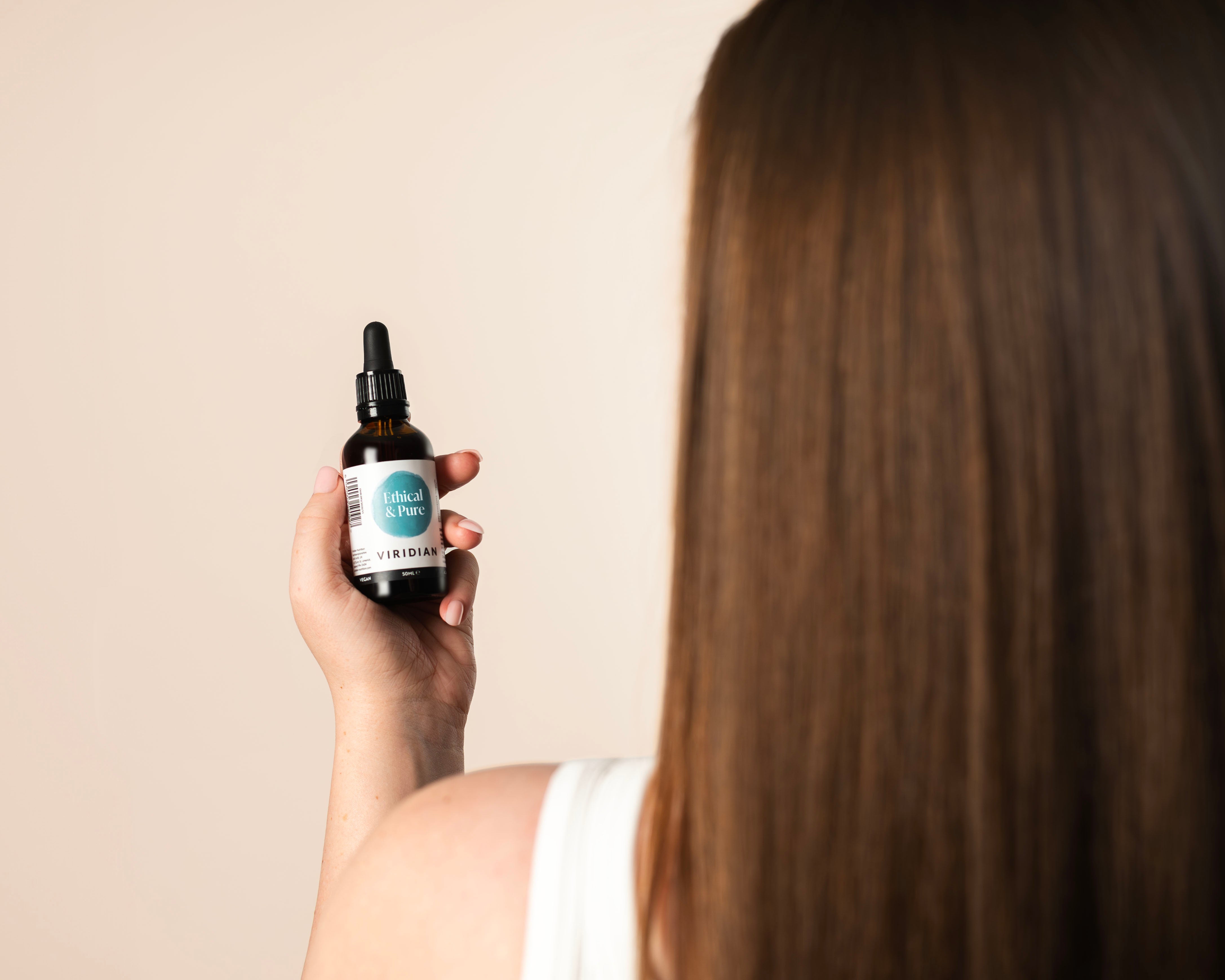
Plants including roots, leaves, seeds and fruits have been used since the early days of humankind to induce good health and reduce ill health.
In the past century, many of these plants have been studied and recreated synthetically by pharmaceutical companies in order to patent and sell them as products. Many of these are widely considered to have been helpful to humanity.
Alongside the pharmaceutical developments, many herbalists have continued to work with and recommend the unadulterated plants based on traditional and historic use.
In recent times, considerable research data has emerged showing the application of both the synthetic ingredients and the whole or extracted plant ingredients.
Attempts to regulate herbal companies have led in Europe to a three-tied system.
1/ Pharmaceutical plant products including synthetics.
2/ Traditional Herbal Registrations (THR).
3/ Herbal food supplements.
TOUGH REGULATORY CONTROL
Those companies who have chosen to develop their products using the pharmaceutical and THR routes will have you believe that those companies who produce Herbal Food Supplements are unregulated – this is untrue. In fact, it could be argued that Herbal Food Supplements must reach an even higher standard.
Herbal drugs are allowed under pharmaceutical law enforced by The Medicines and Healthcare Products Regulatory Agency (MHRA), to have a ‘risk : benefit’ ratio. This is how drugs can have negative side-effects – even very serious side-effects, and yet still be allowed to be recommended and sold.
Herbal food supplements (indeed ALL food supplements) are regulated by the Food Standards Authority under Food Law and enforced by Trading Standards - and these products are only allowed to be healthful. No risk: benefit is allowed and no negative side-effects are allowed.
EFFICACY
THR products have not been tested or trialled for efficacy and while they can make a claim for effect, based on traditional use, the THR logo does not guarantee that the dosage level is appropriate to have that effect.
Good quality herbal supplements will have been formulated to offer a research-based level in each capsule.
LIMTED ACCESS TO HERBALS
Heavy-handed over-regulation of the herbal product sector, with the costs to register, has the potential to reduce the wide range of herbals available. The lesser used herbals are not as attractive to register due to the cost of registration. While there are many thousands of herbs, just a few dozen have been registered under the THR scheme. The effect of the European THR directive has been to limit consumer choice and increase the risk of driving consumers to the internet for the less popular herbals.
SAFETY
Professional food and herbal supplement companies have strict requirements and standards for the supply chain to ensure that suppliers know the source of herbal ingredients, their identity, and that they have been appropriately tested for contaminants and activity. These companies will also have a Technical Services department staffed by qualified and experienced people to handle consumer queries and complaints, recording, monitoring and investigating any adverse reactions.
Serious issues have occurred in the mainstream food and pharmaceutical sectors, for instance, Thalidomide, Vioox1 and the more recent horse meat scandals. While questions of quality control have been raised amongst the food supplement sector from time to time, the overall safety record of herbal and food supplements is excellent. According to a report by the Alliance for Natural Health, you are more likely to die from a gun-shot or by drowning in the bath than you are from taking herbal or food supplements.
DIG A BIT DEEPER
As with all food supplements whether vitamins or herbals, it pays to investigate carefully before choosing your preferred brand or product.
Check the label – look for the full ingredients list to check for hidden additives, flavourings, colourings, sugars, coatings, bulking and flowing agents. All good quality herbal and food supplements will include the following statement on their packaging: ‘This is a (herbal) food supplement, not to be used as a substitute for a varied diet. Do not exceed the stated dose unless recommended by a healthcare practitioner. Not to be used during pregnancy unless recommended by a healthcare practitioner.’ The package will also state storage instructions, best before date, batch number, contact address and directions for use. Beware products that do not include all this data.
Check the company – choose a reputable company with a wide range of products and a history in the natural products sector.
Finally, buy from a specialist health food store, not from an on-line store. Get the right advice and follow-up. www.findahealthstore.co.uk







